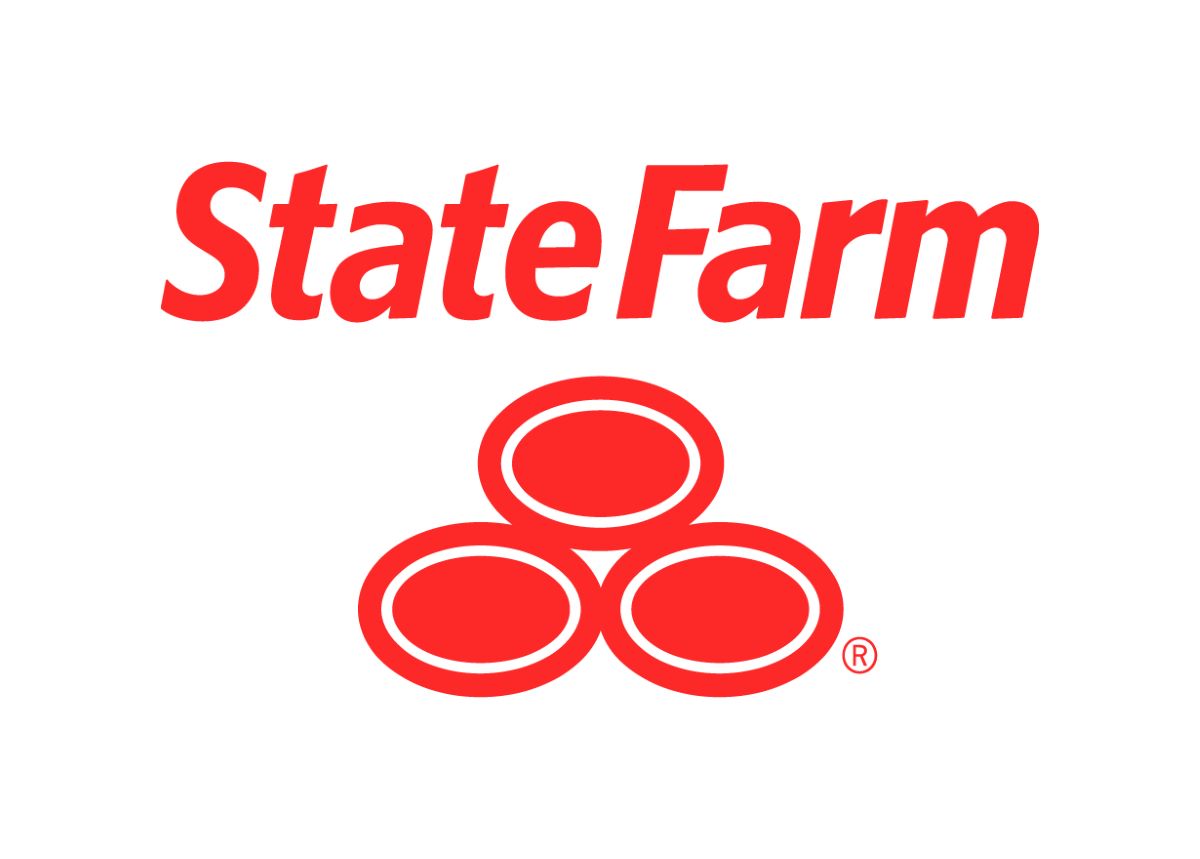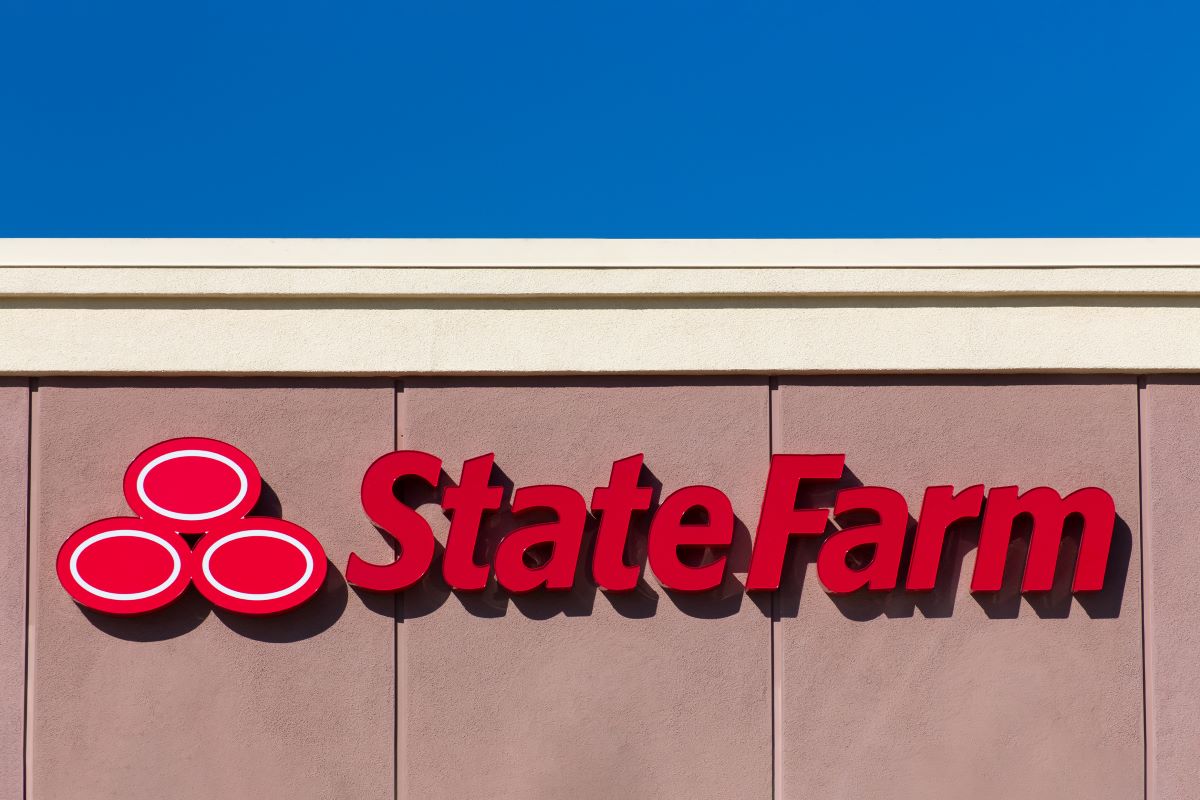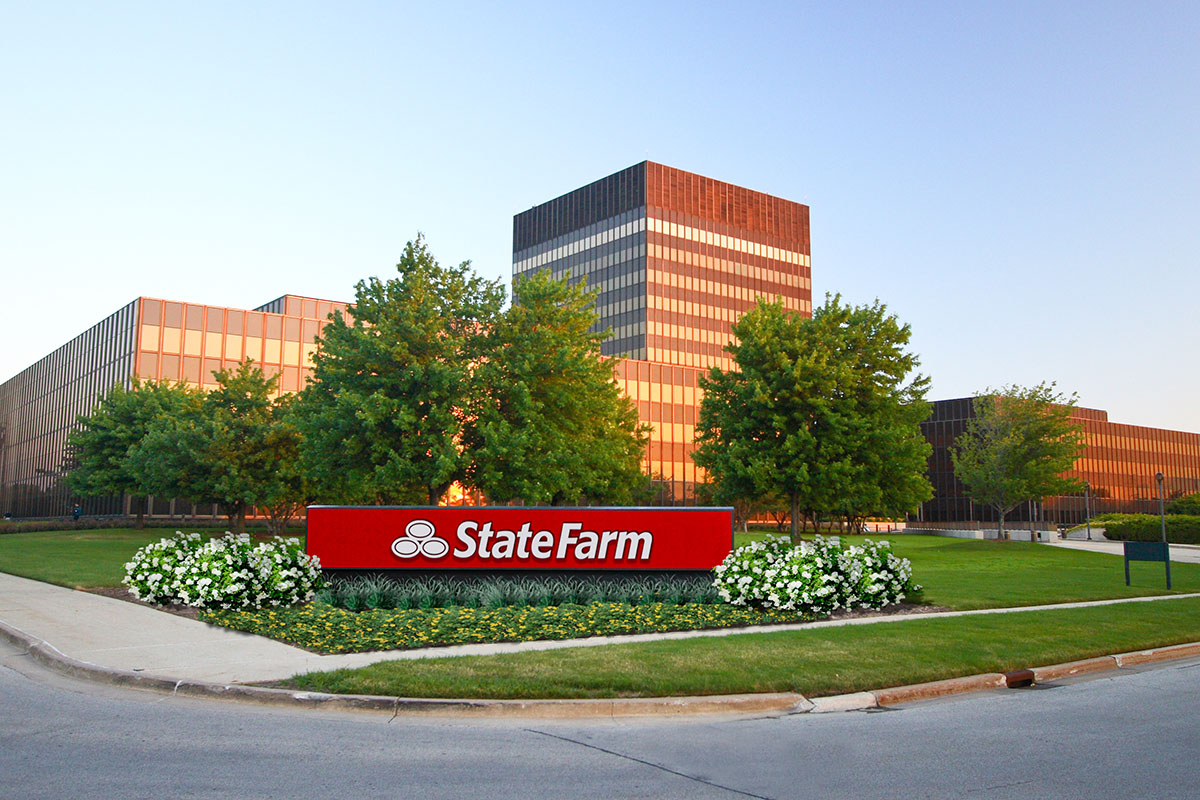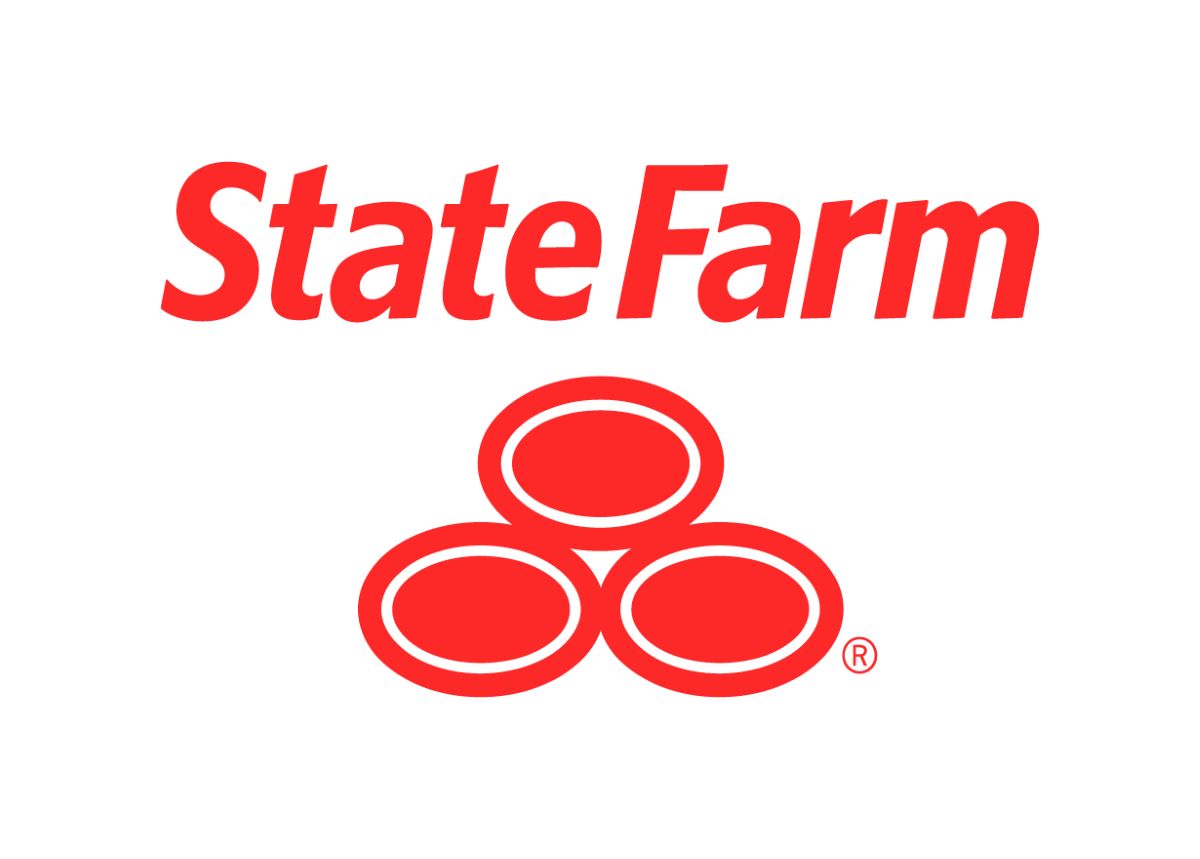

Finance
Investment Farm Definition
Published: December 12, 2023
Discover the meaning of investment farm in the world of finance. Learn how this concept can help you grow your wealth and diversify your investment portfolio.
(Many of the links in this article redirect to a specific reviewed product. Your purchase of these products through affiliate links helps to generate commission for LiveWell, at no extra cost. Learn more)
Unlocking the Potential of Investment Farms
Do you ever wonder if there’s a way to make your money work for you, even while you sleep? Welcome to the world of investment farms, a lucrative opportunity within the realm of finance. In this blog post, we’ll dive into the investment farm definition, exploring what it entails and how it can help grow your wealth. So, let’s get started!
Key Takeaways:
- An investment farm is an agricultural property or land that is purchased with the intent of generating income and capital appreciation through farming activities.
- Investment farms offer various revenue streams, including crop production, livestock farming, and leasing opportunities, making it a versatile and profitable investment option.
So, what exactly is an investment farm? Put simply, an investment farm is an agricultural property or land that is purchased with the intent of generating income and capital appreciation through farming activities. While traditional farming focuses primarily on sustenance and local distribution, investment farming involves a more business-oriented approach, aiming to generate profits for the owners.
Why Choose Investment Farms?
Investment farms offer several advantages and opportunities that make them an attractive option for individuals looking to grow their wealth. Here are some key reasons why you might consider venturing into the world of investment farms:
- Diversification: Investment farms provide a unique avenue to diversify your investment portfolio. By investing in real agricultural assets, you can balance risks and minimize losses associated with other investment types.
- Passive Income: When managed effectively, investment farms can generate a steady stream of passive income through a variety of revenue streams. Whether it’s through crop production, livestock farming, or leasing opportunities, you can benefit from regular cash flow with less active involvement.
- Capital Appreciation: Land is a finite resource, and as the population continues to grow, so does the demand for agricultural products. Investing in an investment farm presents the potential for long-term capital appreciation as the value of the land increases over time.
- Hedge Against Inflation: As inflation occurs, the value of agricultural commodities often rises. Investing in an investment farm allows you to hedge against inflation by benefiting from the price appreciation of the crops or livestock produced on the property.
Important Considerations for Investment Farm Success
While investment farms can offer lucrative opportunities, it’s essential to approach them strategically to ensure success. Here are a few factors to consider before embarking on your investment farm journey:
- Research and Due Diligence: Thoroughly research potential investment farm opportunities, including market trends, location factors, and farming practices. Additionally, conduct a comprehensive due diligence process to evaluate the property’s condition, legal aspects, and potential risks.
- Professional Guidance: Engage with agricultural experts, financial advisors, and legal professionals who specialize in investment farming. Their knowledge and experience can provide valuable insights and mitigate potential risks.
- Risk Management: Implement risk management strategies such as insurance coverage, diversifying crop varieties, and having contingency plans for adverse weather conditions or market fluctuations.
- Property Management: Efficiently managing your investment farm is crucial. From hiring skilled farm managers to ensuring proper maintenance, overseeing operations and staying updated with industry best practices can maximize returns and minimize risks.
As with any investment, it’s important to evaluate your financial goals, risk tolerance, and long-term plans before diving into investment farming. With careful consideration and the right approach, investment farms can provide a rewarding pathway to financial growth and stability.














